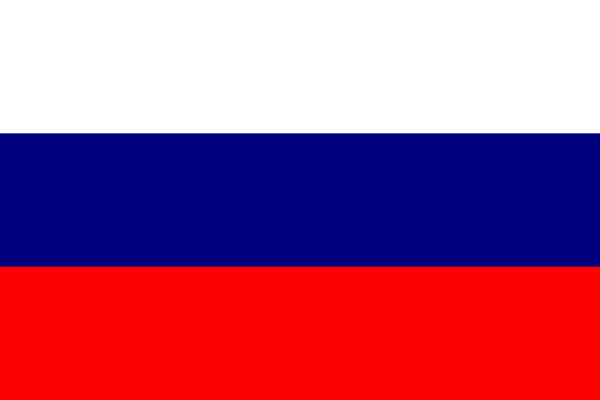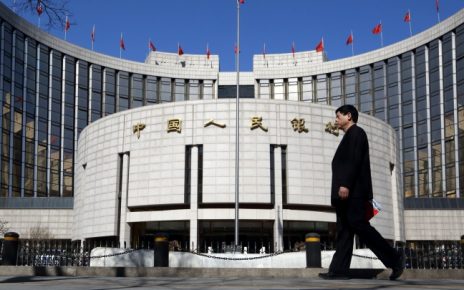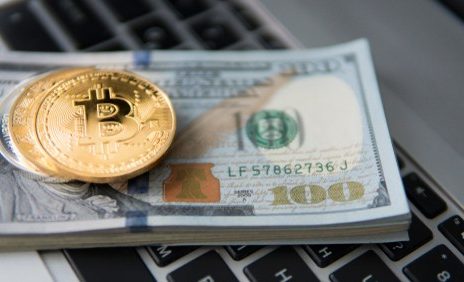The Russian Federation decided to prohibit the use of digital financial assets as a method of payment and limit the amount the non-accredited investors are allowed to invest in the purchase of tokens in the initial coin offerings (ICOs) to 10,000 Russian rubles (around 160 US dollars). These measures will be introduced by the new law that has been sent to the Russian State Duma and will regulate the cryptocurrencies. The law is expected to be approved this summer and it was written by the Ministry of Finance and the Central Bank of the Russian Federation in January.
Despite the pioneer and innovative character of the new law, the decision to prohibit the use of the digital currencies as a method of payment in the country. This means that the cryptocurrencies and tokens could only be used as a store of value or financial asset, but not to make payments for goods and services.
Rafael del Castillo Ionov, a lawyer and expert in international transaction with cryptocurrencies, said that it would be technically prohibited to pay with cryptocurrencies in tokens, i.e. to exchange these digital currencies for goods and services, but practically, it would be possible to use cryptocurrencies or token through systems that allow the digital assets to be converted to rubles and the payment could then be made legally.
The new law also regulates the initial coin offerings and established a difference between accredited and non-accredited investors. This way, the non-accredited investors will not be allowed to invest more than 10,000 rubles per project. Rafael del Castillo Ionov said this limit is very low. For example, the Spanish law allows the non-accredited investors to invest up to 3,000 euros per project.
According to the new law, the organizers of an ICO campaign will need to published an offer for emission on the website of the project, as well as its white paper. The law also establishes the data the white paper needs to contain: information about the issuing company and the shareholders, managing structure of the company, purpose of the emission of the tokens, a business plan, etc.
The law also focuses on the cryptocurrency exchanges. The cryptocurrency exchanges in the Russian Federation can only be legal persons and need to obtain a broker license or dealer license or license for value management or fulfill the requirements established by the federal law for organized markets.
Del Castillo says that among the normative tendencies on a global level, the focus of the legislators, market supervisors and tax authorities is on the cryptocurrency exchanges. The regulatory tendency will require a rigorous fulfillment of the requirements in order to prevent money laundering and financing of terrorism and identify the clients of the cryptocurrency exchange platforms. It is also highly likely that the majority of the cryptocurrency exchanges would need to obtain some type of license, either by obtaining an already existing license established by the current legislation or a new type of license specifically introduced for this type of business.
The new law in Russia also introduces legal definitions for terms such as cryptocurrency, mining, digital transaction, digital financial asset, exchange operator for digital assets, token and smart contract. For example, the law defines digital financial asset as a good in electronic format created using cryptographic methods. It also says that the property rights over such goods are confirmed by inserting digital inscriptions in the record of digital transactions. According to the law, the digital financial assets are the cryptocurrencies and the tokens.
When it comes to the mining of cryptocurrencies, the law considers it to be a business activity oriented towards the creation of cryptocurrencies and/or validation with the goal of obtaining a compensation in cryptocurrencies. The smart contracts are defined by the new law as contracts in electronic format through which rights and obligations are executed automatically. Token is a digital financial asset emitted by a legal person or a self-employed businessman with the goal of raising funds.
Finally, Rafael del Castillo said that, without knowing what the final version of the law would brings, it is generally a positive regulation that would clarify multiple questions existing in the digital economy. According to him, Russia has been the cradle of multiple projects involving the blockchain technology. Moreover, it is among the top three countries when it comes to the number of ICOs and the amount of funds raised.




